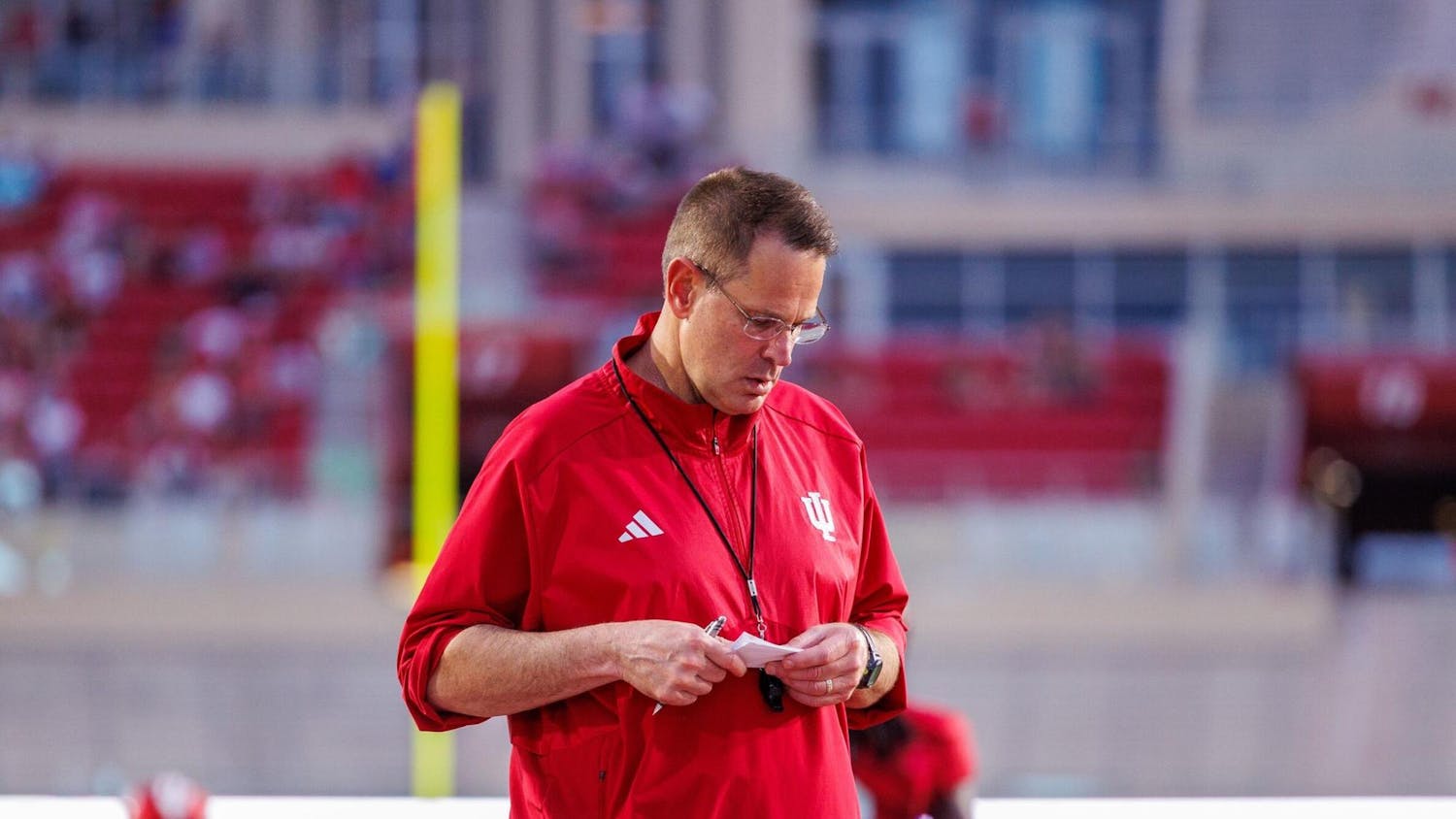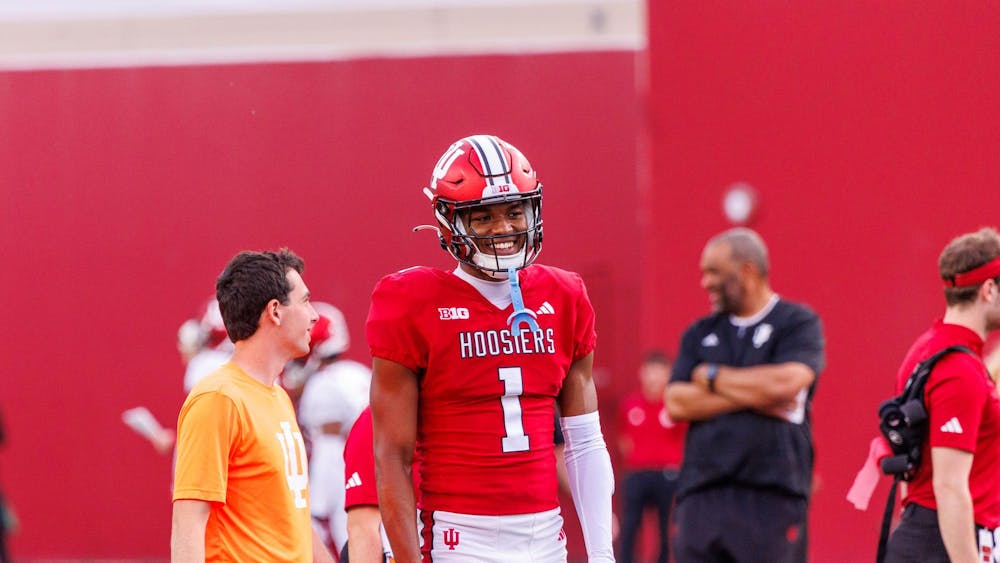Smith, associate professor of music, said musicology is a humanities discipline that focuses on the historical study of music.
It includes topics like the study of composers and how their work was influenced, gender studies, manuscript studies, interpretation of texts and historical performance studies, she said.
Her lecture begins at 12:30 p.m. Friday, Sept. 4.
The Musicology Colloquium Series started in 2000. Lectures in the series occur on Fridays throughout the semester.
Professor of music Daniel Melamed said the series is a scholarly forum where faculty and students in the musicology department present their research.
Smith said it allows people to voice new ideas before an audience or practice for upcoming conferences.
Smith said her lecture is a work in progress, and the research she is presenting has multiple layers.
She said she looked at the art, music, literature and science of the late 17th century and studied how they intersect. She examined the connections between the scientific activities of observing objects, such as comets, and experimenting with ocular devices, such as telescopes and mirrors, and looking at how they influence the literature, art and operas of the time.
Smith enjoys both the social and intellectual aspect of the Musicology Colloquium Series, she said, because faculty and students can come together and give feedback on each other’s work.
“For me, it’s a way of connecting with other colleagues and also with students,” Smith said. “It’s a way of discussing the most recent research that other people are coming up with.”
The Musicology Colloquium Series is also an opportunity for students to learn how to develop and present their ideas with a space open to free discussion, Smith said.
“I think — for graduate students — that’s especially helpful to have a platform that’s noncritical for getting feedback, for having the opportunity of speaking and presenting about your new research in front of a crowd of people,” Smith said.
The discussion after the lecture allows the presenters to sharpen and improve their research, Melamed said.
“The most important part of it is the discussions we have afterward,” he said.
Melamed said he is looking forward to seeing the wide variety of presentations in the Musicology Colloquium Series.
“The range of topics is as broad as the field,” Melamed said.





